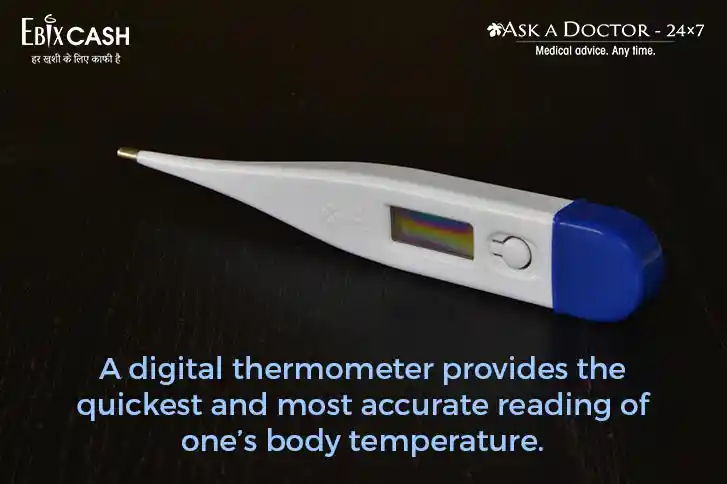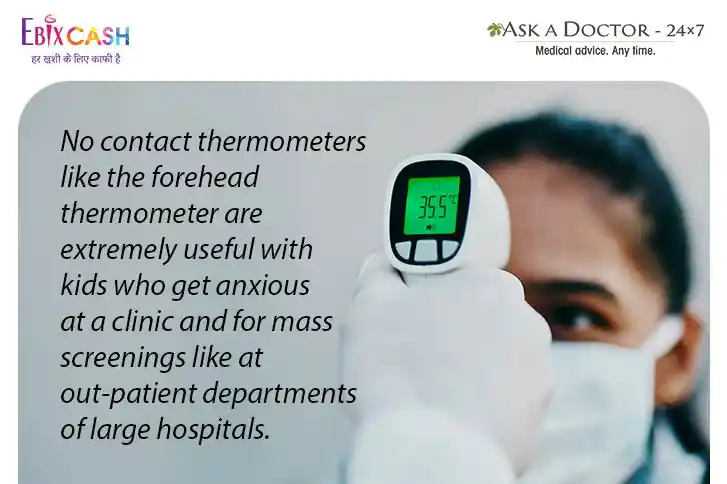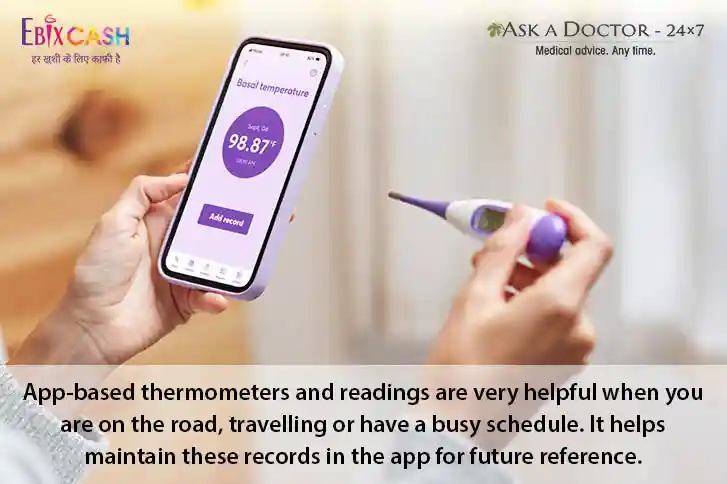4 Types Of Thermometers, Their Accuracy, And How To Use Them
If someone has a fever, the availability of a reliable thermometer at home becomes incredibly helpful, as it gives you much-needed information about the next important steps for their care. Earlier, the most commonly used thermometers were mercury thermometers, the ones made of glass, but today there is a fair range of thermometers available. Here in this write-up, let's know about 4 different thermometry techniques, how to use them, and their accuracy in measuring body temperature.
The options that are quite popular these days and are certainly worth considering, include the following:
1. Digital Thermometers

These thermometers can be used for all ages. They are usually positioned under the armpit to get a temperature reading in kids below 5 years old and used in the mouth in older kids and adults. These thermometers can also be used rectally (in the bottom), mainly in small babies.
2. Ear thermometers (Electronic or Infrared Tympanic Thermometers)

Ear thermometers are more on the pricier side and are not appropriate for small babies, but they are quick and easy to use.
3. No-touch Forehead Thermometers (Temporal Artery Thermometers)

These thermometers are expensive as well. However, they give fast results and are easy to use; they can be used even on a sleeping child.
4. App-based thermometers

There are digital thermometers that can be linked to an application (app) on your mobile phone which will help you keep track of your temperature, every time your measure it on the thermometer. This way, you can keep a record of your body temperature through the application (app). Reading results are immediate and they are easy to be monitored and kept a log of.
There are also android and iOS-based apps that monitor a personŌĆÖs body temperature through their fingerprint temperature or through infrared sensors at a distance of about 3 centimeters. It helps monitor if you have a fever on your smartphone.
Consult a General Physician immediately for an accurate prognosis.
Ask a Specialist
Recent Questions


